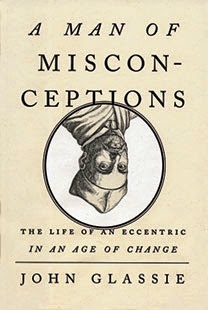It's here. It's finally here! After twenty years of general waiting, and two years of baited breath, Wasteland 2 has finally arrived. And it. Is. Glorious. I'm going to try to keep my nostalgia goggles on the shelf, and try to keep my biases in check, even though it's more than a little difficult.
Way back in 1988, Interplay and Electronic Arts released Wasteland. The game is centered around the Colorado River, straddling Arizona and Nevada. It's seventy some years after a (then) unexplained nuclear war that devastated the world.
A team of Army Engineers, seeing the world coming to an end all around them, took over a nearby federal prison, kicking out all the prisoners. Over time, they invited in nearby survivalist communities to join them, eventually forming the Desert Rangers.
The original game was very much a product of its time; not just in the top down perspective, but also the fact that you're all but literally thrown to the wolves. You start out at the Ranger Center and there you go. What? You wanted direction? A quest giver? What do you think this is? The 90s? If you'd read the manual, though, you'd know "exactly" what to do:
Your party, the famed Desert Rangers, have been assigned to investigate a series of disturbances in the desert. After several strategy meetings, you’ve decided to search for clues in Highpool, the Agricultural Center, and the Rail Nomads’ Camp, all of which are located to the west of Ranger Center.There you go. That's all you get to start with. Go west young man indeed. However, as you play through, the plot does a great job leading you from place to place, giving you teasing little pieces of information, slowly filling in the broader story. Highpool and the Ag Center help you get a few levels under your belt. The Rail Nomads lead you to Quartz. Quartz leads to Needles. Needles leads to Las Vegas. Las Vegas gives you the real plot and carries you the rest of the way to the end of the game where you save the world.
It's brilliant. Absolutely and completely brilliant. Even with the technical limitations of being forced to dump the majority of the game text into a separate book, and the minimal graphics, it still comes together like a finally oiled machine. In a way, it lets your imagination take over, filling in the blanks and making it greater than the sum of its parts.
I still play Wasteland twenty years on, and I still find new things from time to time.










